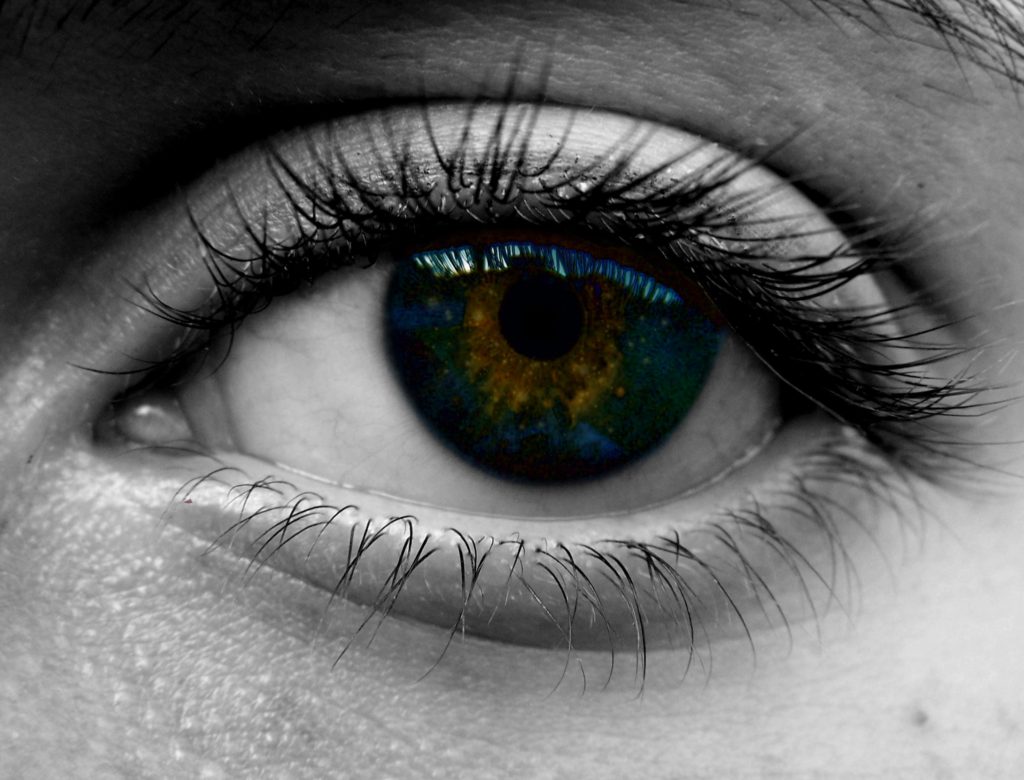In the beginning the earth was without form and void and darkness was over the face of the deep. In these dark and ancient times there were no selfies. Yes, once upon a long ago, camera technology had not advanced enough to be able to turn a phone around to take of picture of oneself. Thankfully, we live now in an enlightened age.
What are we really doing when we take a selfie? What are we trying to capture? A moment in time? Our essence as an individual? An image we’d like to represent us? For better or worse, our selfies do capture some part of us.
Once upon a time when there truly was nothing, the immortal, invisible, and incalculable God of the universe chose to create mankind in His own image; to capture a sliver of His nature in frail, fallible, flesh. In the midst of creating hedgehogs and eagles and platypi (or is it platypuses?) God set about to create a creature that represented some essential elements of His character. In doing so, He made something different, something unique from all the other forms of life.
The Hebrew word used to describe humankind being created in the image of God is tselem and is used elsewhere to talk about stone and wooden idols made to represent false gods. While Jesus represents the nature of God fully, in some mysterious and completely undeserved way, we also represent the character of the Lord. Understanding this, author C.S. Lewis wrote: “There are no ordinary people. You have never met a mere mortal.”
This unique status has a litany of implications but perhaps the primary is that we are not mere accidents of biology or simply the most intelligent of animals but rather purposefully designed creations mysteriously molded after the fashion of our Creator. This fact alone should give weight and purpose to our being and a great deal of responsibility as well. In the same passage in which God describes His intention to create humans in His image, He also decrees that they would have dominion over the earth.
While we most often think of the word ‘dominion’ in the context of abuse (think domineering) or as an excuse to mishandle the resources given to us, a fuller understanding is one of authority AND responsibility. A king presides over a kingdom but he is also responsible for what goes on within. The Lord has dominion over every aspect of the universe. Similarly, we are to have dominion over the earth.
Our dominion is not limited only to earth’s physical resources (for which we are both entrusted and accountable) but also in creation, innovation, and progress. All humans are the product of an infinitely creative God. We express this imbued creativity when we create are (which author J.R.R. Tolkien called ‘imaginative sub-creation’), express skills, and develop technology which seeks the betterment of the human race.
Our status as image-bearers gives our life a divinely defined purpose and authority. We exist not by chance but by design and are entrusted to rule with wisdom over the resources, both physical and spiritual, not for ourselves with selfish intent but for the betterment of all. In doing so, we reflect the creative nature of our most excellent and boundless Creator.

